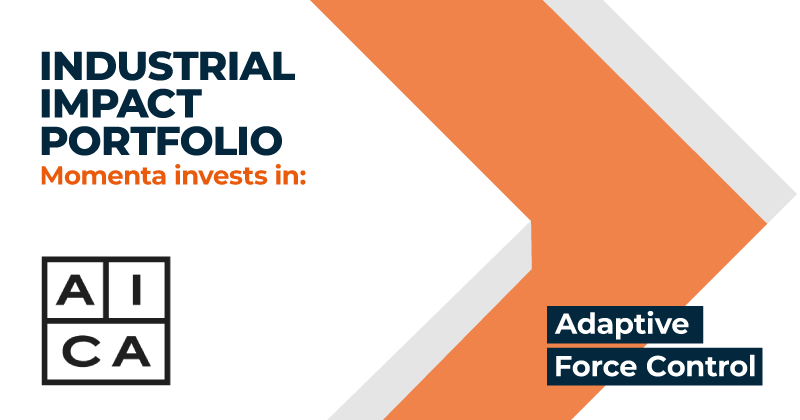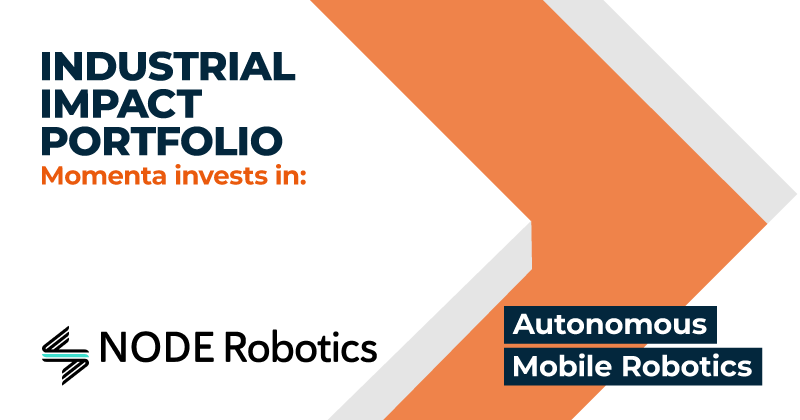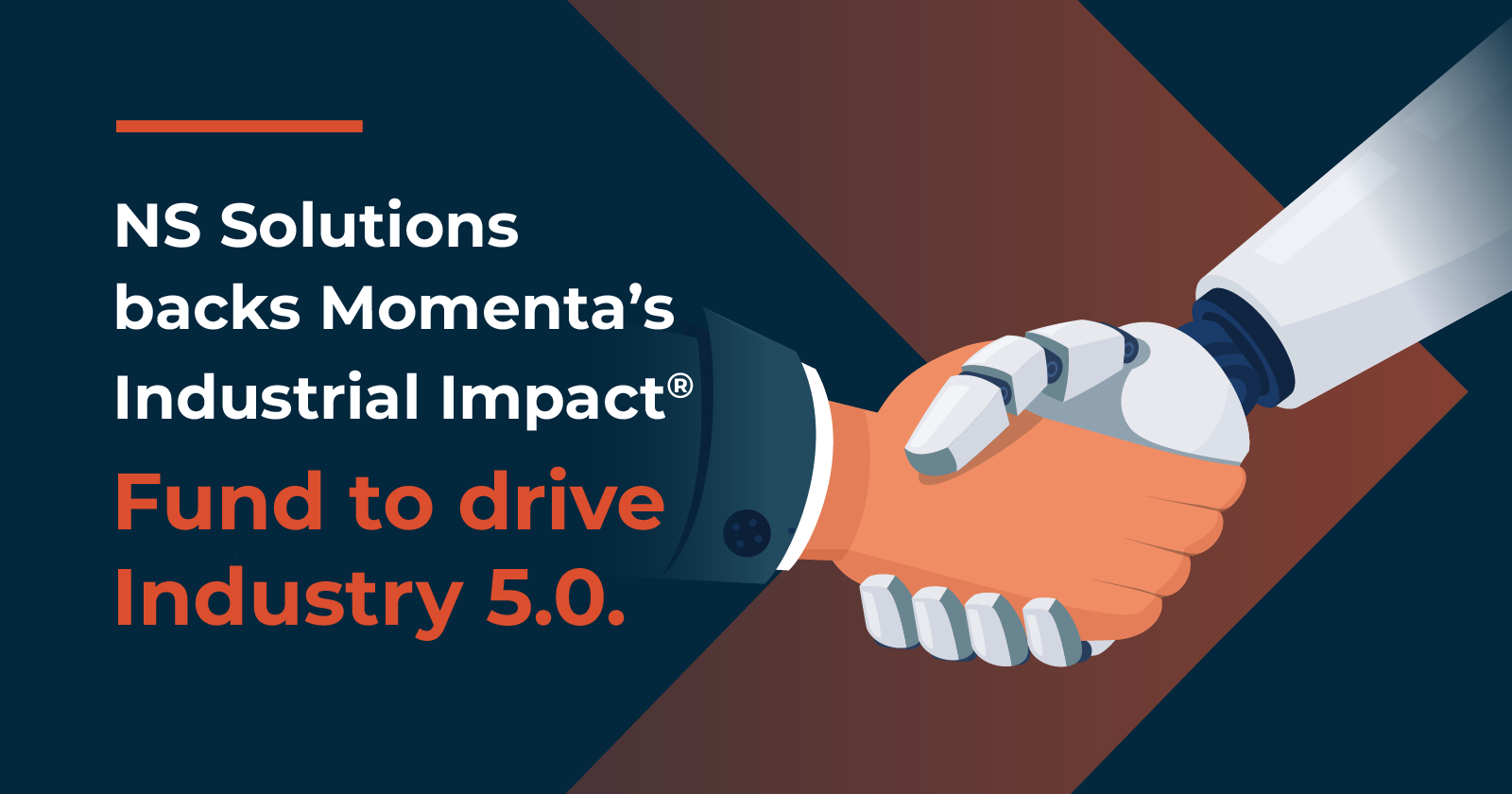Momenta's Take: Urban Evolution: Smarter Traffic and Safety
Ed Maguire
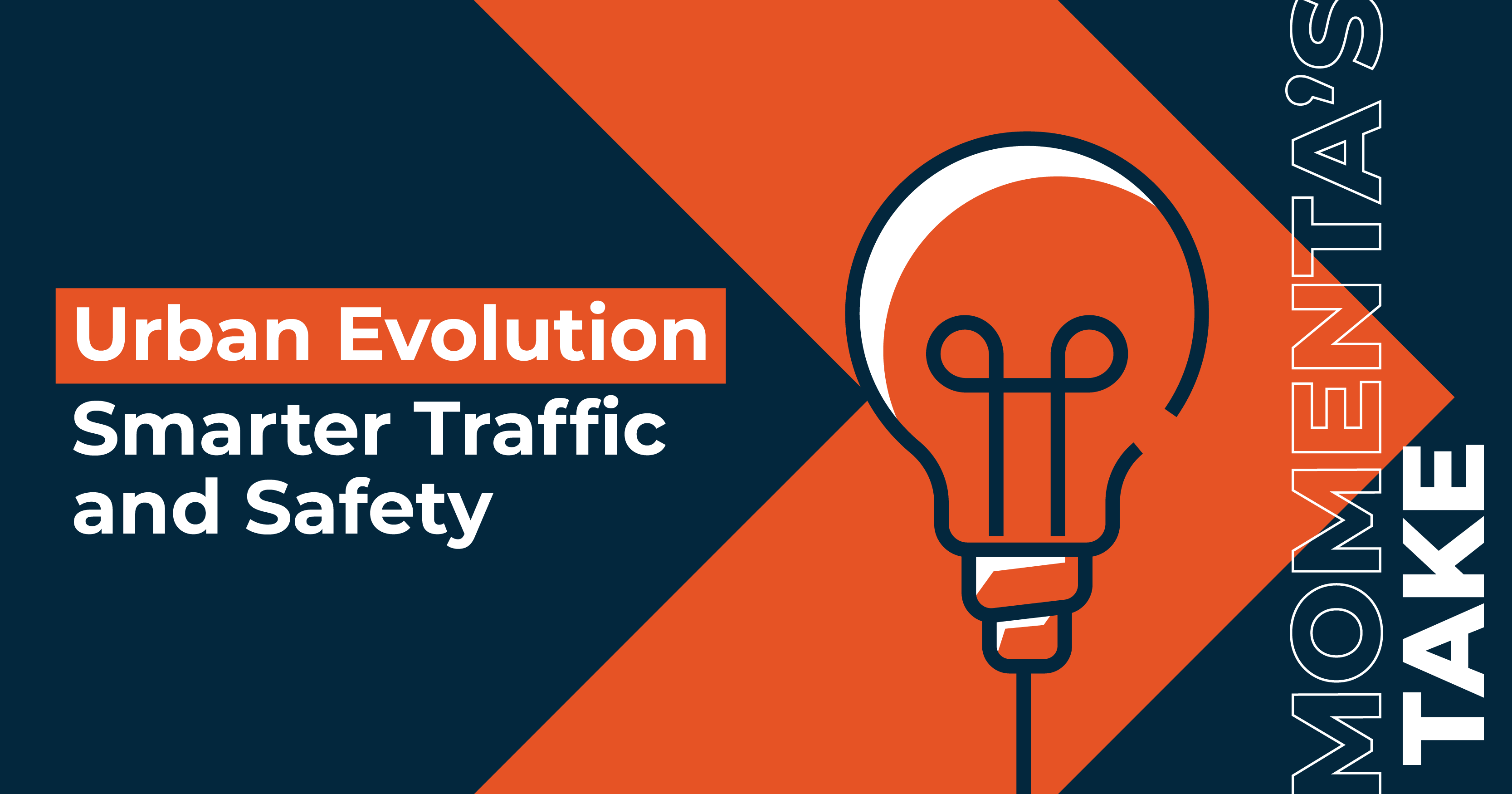
Urban Evolution: Smarter Traffic and Safety
Transforming City Life Through Smart Traffic and Safety Solutions
In the last 15 years, global urbanization has undergone a seismic shift, a profound transformation that has altered the very landscape of our planet. Cast your mind back to 1960, when over two-thirds of the world's 3 billion inhabitants resided beyond the boundaries of bustling cities. Fast forward to 2007, and a groundbreaking shift had occurred, with more than half of the world's population choosing to call urban centers their home.
A striking prediction looms on the horizon: by 2050, an astonishing two-thirds of humanity is expected to embrace the vibrant chaos of city life.
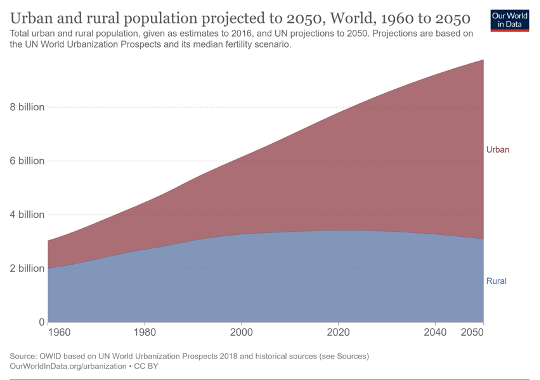
As urban populations continue to grow, cities are faced with the challenge of managing increasing traffic volumes while ensuring mobility and public safety. To tackle this issue, cities are embracing technology-driven solutions to reduce congestion, prevent accidents, and enhance urban residents' overall quality of life. The availability of affordable and abundant sensors, cameras, connectivity, data storage, advanced analytics, and AI tools has empowered major cities to adopt intelligent traffic and safety solutions.
The potential market for these smart city solutions is vast. As per estimates from Grandview Research, the global smart cities solutions market stood at $657 billion in 2022 and is forecasted to skyrocket at a CAGR of 26%, reaching a staggering $3.7 trillion by 2030. The future of urban living is not just smart - it's brilliant.
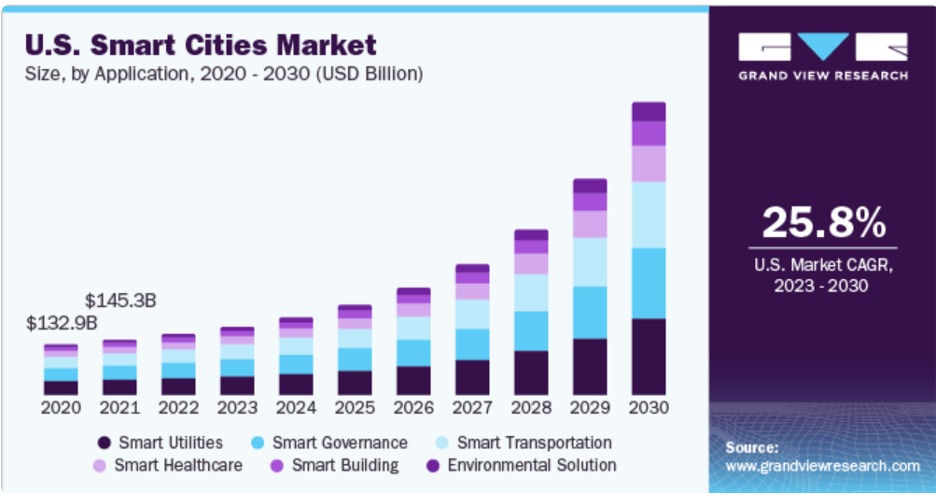
Addressing the Challenges of Urban Congestion
The costs of traffic congestion are significant. According to a 2019 Global Traffic Scorecard from INRIX, the US lost an average of 99 hours per driver to congestion in 2019, costing nearly $88bn in lost productivity. Globally, traffic accidents kill 1.35 million people every year, leaving between 20-50 million people with nonfatal injuries. Congested traffic also increases the volume of CO2 and microscopic particulates in vehicle exhaust, negatively impacting health and the environment. With over 2 billion cars estimated to be on the road by 2035, the demand for solutions to manage traffic flow and parking will continue to grow. According to various estimates, up to 35% of overall commute time is dedicated to finding a parking spot, resulting in $345 in average annual cost of wasted time and fuel per driver, according to USA Today,
Embedding Intelligence into Urban Environments
Urban centers are adopting a variety of strategies to enhance the flow of traffic and address the issues posed by congestion. These approaches encompass various key categories:
- Traffic Signal Optimization systems can optimize traffic signals in real time based on traffic flow, reducing congestion and emissions. These systems can reduce the hours that workers spend commuting, benefiting economic productivity, saving costs of fuel, and benefiting air quality.
- Intelligent Transportation Systems employ sensors, cameras, and communications networks to monitor and manage traffic in real time, providing incident detection and dynamic message signage. Sensor and camera systems can alert authorities to accidents, jams, and other hazards. AI can identify and predict traffic patterns and direct improved traffic flow.
- Smart Parking Solutions uses sensors and cameras to monitor parking space availability, help drivers find parking spots quickly, and manage the collection of fees.
Challenges of Cost and Complexity
While the costs of technology components and connectivity continue to decline, there remain significant hurdles to implementing AI and smart traffic management systems. One challenge is the cost: sophisticated systems require significant hardware and software investments along with the cost of installation and maintenance. Municipalities typically need to manage competing priorities, budget limitations, and rigid procurement processes. Additionally, the market is highly fragmented, and there is a lack of standardization. Systems need to be integrated with legacy infrastructure, such as traffic lights and road sensors, and a significant amount of domain expertise is needed to implement and operate sophisticated data analytics.
Empowering Smart Cities through Connected Industry Best Practices
Long-term shifts in the urban landscape open doors of opportunity and pave the path for intelligent traffic and safety solutions providers. Selling these intricate systems to municipalities may present challenges, but these are not insurmountable. The proof lies in the successful implementations in leading cities such as Barcelona, Singapore, London, and Dubai, along with multiple US states and dedicated organizations like ITS America. These success stories offer tangible proof of the return on investment from these systems.
At Momenta, we firmly believe that the combination of Digital Industry best practices, advances in low-power communications technologies, maturing of the sector, and an increasing number of success stories paves the way for broader and more rapid adoption.
In conclusion, urbanization may present a myriad of challenges, but it also opens the door to innovative solutions. The adoption of smart traffic and safety solutions is more than just a promising strategy - it’s a game-changer. As technology continues to evolve and become more accessible, we stand on the brink of a new era. An era where more and more cities will harness these solutions, leading to safer and more efficient urban environments. This is not just progress; this is a leap toward creating cities that are smart. The future of urban living is here - it’s intelligent, it’s efficient, and it’s unstoppable.

Momenta is the leading Digital Industry venture capital + value creation firm, accelerating entrepreneurs and leaders devoted to the digitization of energy, manufacturing, smart spaces, and supply chains. Since 2012, their team of deep industry operators has invested in 50 entrepreneurs and helped scale over 150 industry leaders via their award-winning executive search and strategic advisory practices.

